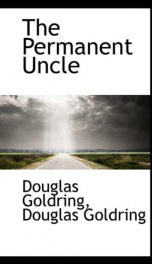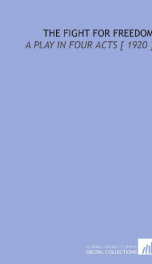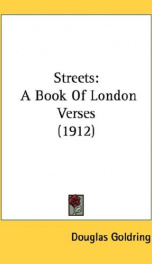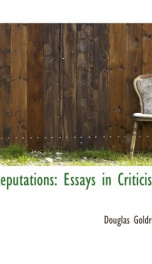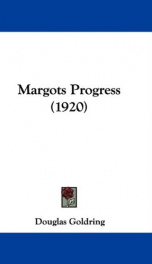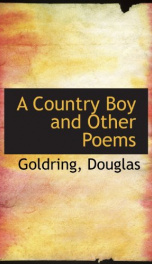james elroy flecker an appreciation with some biographical notes
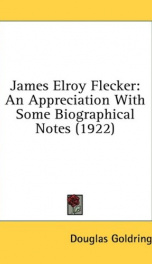
JAMES ELROY FLECKER - 1922 - PREFACE - THE chapters which follow have been written in the confident belief that the Cubject of them has secured a permanent position in English literary history, that his poetry will be read and admired centuries after those who were his contemporaries have passed away, and that in the years to come generations of poetrylovers will be eager to know what kind of man he was, what he looked like, what his circle thought of him. It has seemed worth while, therefore, to jot down the impressions and reminiscences of a few of his friends who have been kind enough to search their memories at my request, and to add to this material my own. My excuse for undertaking the work is the fact that-first as editor and contributor and then as publisher and author - Flecker and myself were closely associated during the greater part of his literary life, and I was thus fortunate in hearing more of his literary plans and of his ideas about his own poems than most of his other friends, including many who knew him far more intimately than I did. This small volume certainly makes no pretensions to be described as a Life of Flecker but it will, I trust, be found to contain a certain amount of information which lovers of his poetry will find . of interest. As a complete biography of the poet will doubtless be issued in due course, I have refrained deliberately from tapping many important sources of information. I have, however, gratefully to acknowledge the help which I have received from among others Mr. Henry Danielson, Mr. Frank Savery, Mr. Roger Ingpen, Mr. Trelawney Dayrell-Reed, and Mr. John Mavrogordato. To Mr. Danielson I am expressly indebted for . the bibliographical information given at the end of the book. DOUGLAS GOLDRING. - May 22nd, 1922 - ILLUSTRATIONS FLECKE I R N , ars Roonrs AT CARIBRI GE . . Frontispiscc Facing pa gc C 6 T w E XGLISHJIE FNL ECKER A SD J. D. BEAZLEY ENJOYING THEMSELVES IN GER A -N FR Y OM A DRAWING BY J. D. BEAZLEY . . 36 PECULIAR glamour surrounds, in retrospect, the fourteen and a half years which separated the end of the nineties from the outbreak of the Great War. i,-. Looking back, in 1922, those of us who are now in the middle thirties can see ourselves playin all, unmindful f of our doom, in a world that then seemed almost shadowless. School days, undergraduate dpys, early manhood - life seemed to , grow better and better as the years slipped away which divided us from the great catastrophe. 1913 and the summer of 1914 must always ha - v e that historic interest which the human imagination attaches to last moments. But if we like to dwell on this queer prewar period, to think about it, to try to get it in perspective and disentangle some of the main threads from its jumble of tendencies and ideas, and to keep green the memory of friends who died before the Great Adventure had been revealed to stricken humanity as the Great Illusion, it is not . because we wish it back again or are mere praisers of time past. Let us admit that if the present is a period of short commons, bewilderment, and suffering, there is no time like it-except the future. We have struggled through our disasters to mans estate we are --compared with those of our contemporaries whose lives ended before the war-grown-up... --This text refers to the Paperback edition.
Info about the book
Author:
Series:
Unknown
ISBN:
0559174217
Rating:
4/5 (3)Your rating:
0/5
Languge:
English
Users who have this book
Users who want this book
What readers are saying
What do you think? Write your own comment on this book!
write a commentif you like james elroy flecker an appreciation with some biographical notes try:
Do you want to read a book that interests you? It’s EASY!
Create an account and send a request for reading to other users on the Webpage of the book!

